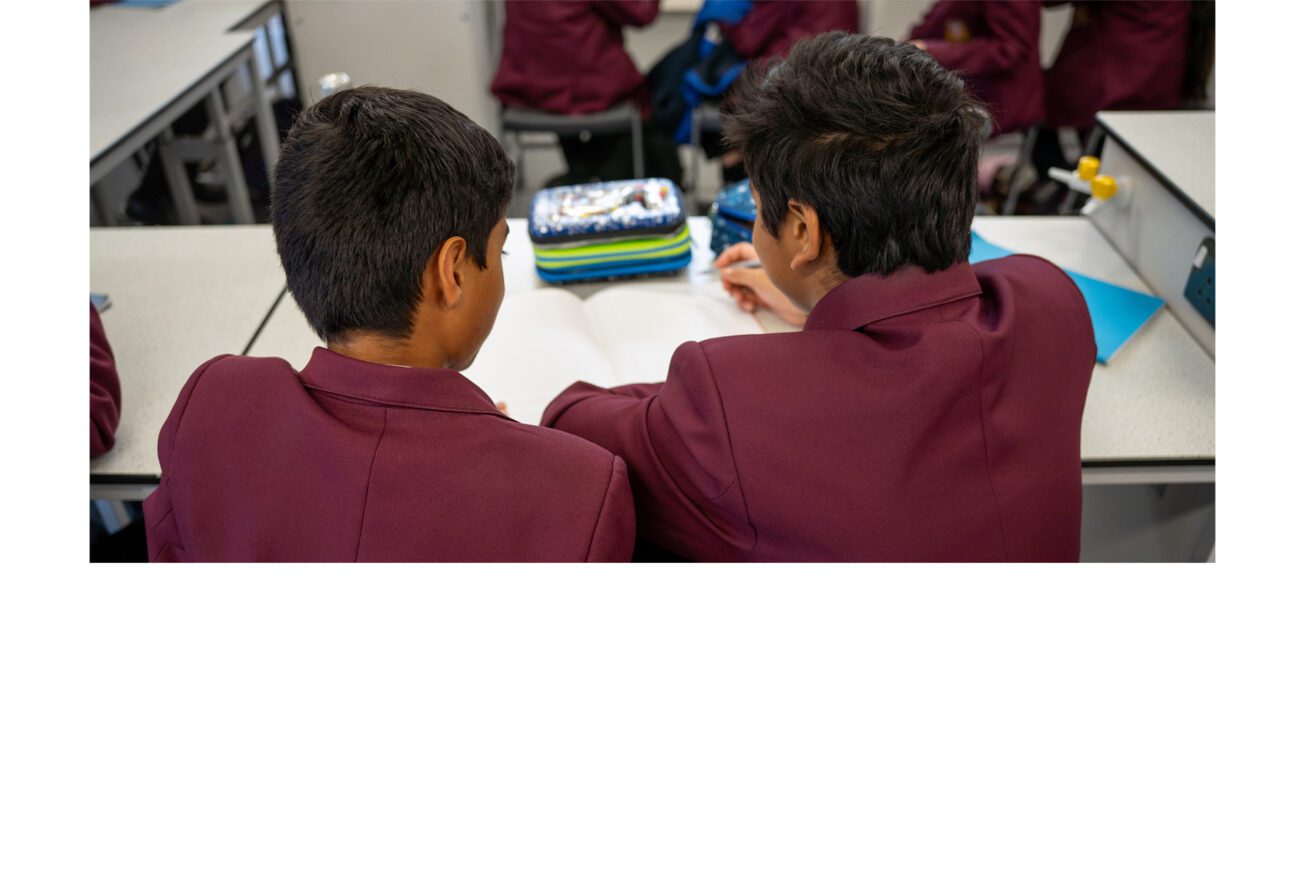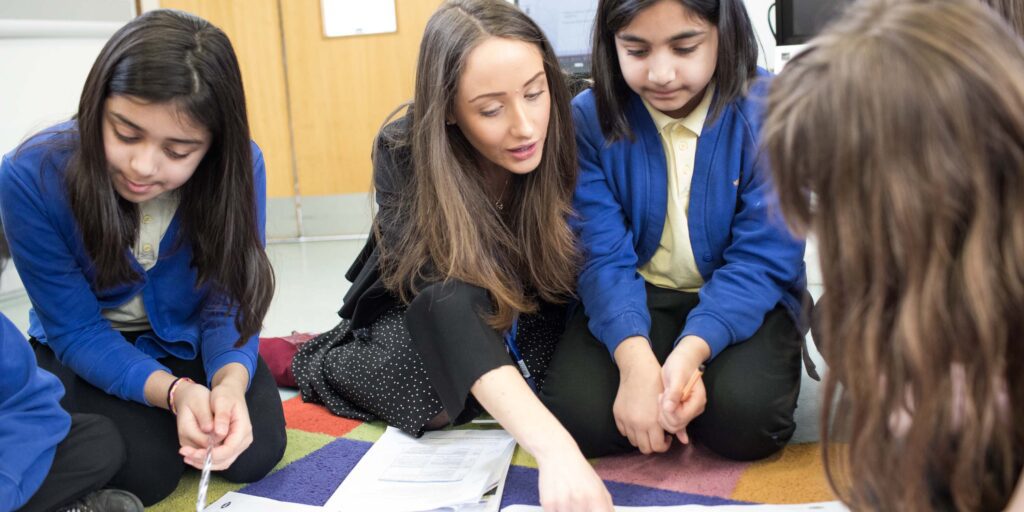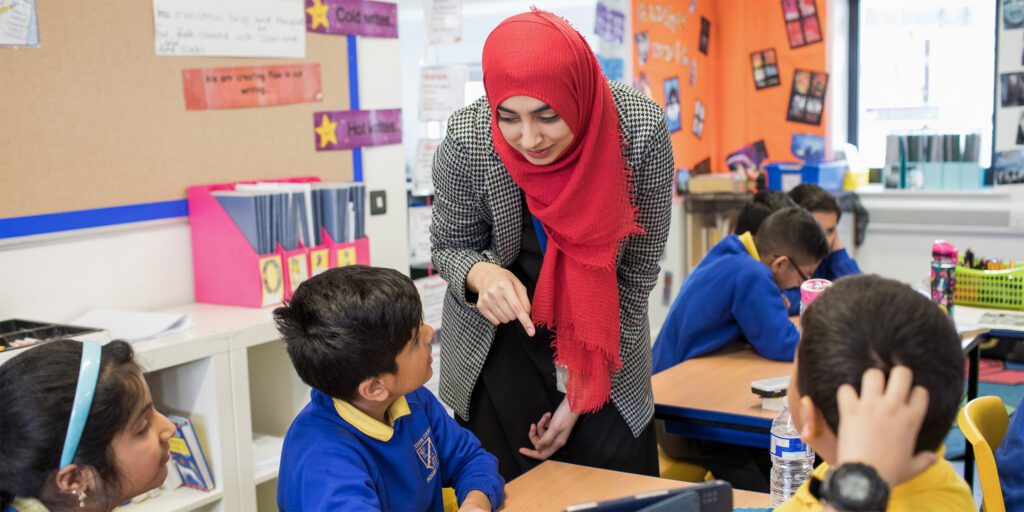Understanding Choices: Navigating the Grey Areas
Session Four of Choices for Year Six explores the intricacies of moral decision-making. Are actions simply ‘good’ or ‘bad,’ or do they stem from deeper vulnerabilities?

Session Four of Choices for Year Six explores the intricacies of moral decision-making. Are actions simply ‘good’ or ‘bad,’ or do they stem from deeper vulnerabilities?

In Session Four of the Year Six module of Choices, we navigate the delicate landscape of moral decision-making. It’s an exploration that often leaves us pondering: are we inherently good or bad, or are our actions more nuanced, often influenced by our circumstances? Through the lens of Kwan and Ella’s interactions, this session prompts critical questions: Are these individuals truly ‘bad’ or merely navigating their emotions and vulnerabilities in unproductive or harmful ways?
Consider Ella’s unkind remarks or Kwan’s reactive behaviour. Are they genuinely indicative of inherently ‘bad’ personalities, or are they, like many of us, good individuals making unfortunate choices in stressful moments? This session doesn’t intend to label; instead, it prompts young people to empathise and understand the influences behind actions.
The session goes beyond judging actions; it steers us toward developing empathy and understanding. Pupils are encouraged to compare and contrast by analysing the characters’ actions, enabling them to perceive situations from different perspectives. This can help prepare them for the future, where they’ll explore the essence of personal choice and the impact of supporting others in making positive decisions.

As they move through the session, the aim is to dissect the various pressures that often compel individuals to act in ways that might seem incongruous with their character. Through group discussions and reflective activities, they’ll cultivate strategies to cope with these pressures effectively. Moreover, a significant focus lies on building empathy and honing an acute awareness of others’ emotions and perspectives. This vital skill forms the cornerstone of a more harmonious society, fostering understanding and kindness in our interactions.
At the core of this session is our facilitative approach. We guide rather than dictate, encouraging learners to explore, question, and understand. This interactive method empowers educators to create an environment where students feel safe expressing themselves and engaging in dialogue.

We recognise the efforts teachers put into this journey. Whether it’s providing planning assistance, demonstrating specific sessions, or conducting workshops, we aim to support educators in maximising the Programme’s impact.
As we help young people develop the skills to navigate the complexities of human behaviour and decision-making, Session Four also lays the groundwork for subsequent discussions. These discussions will explore the steps young people must take to shape their own identity and, crucially, how they can support one another in this endeavour.
Choices isn’t about painting the world in black and white; it’s about understanding the grey areas, navigating the complexities of human emotions, and empowering young minds to make informed, empathetic decisions, paving the way for better understanding and more compassionate actions.
To find out more, please get in touch with us at: chat@engagelime.com or here
Leave a Reply